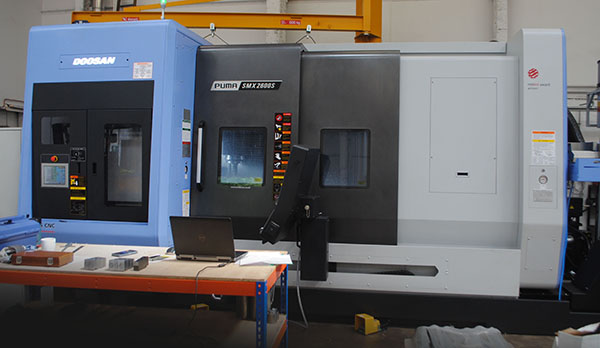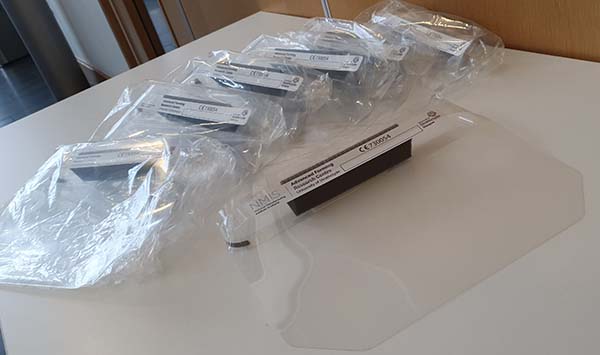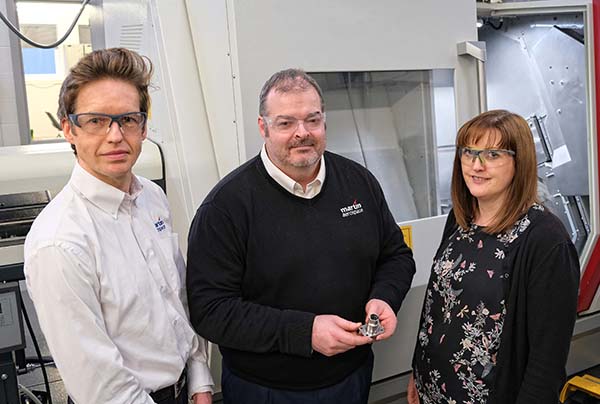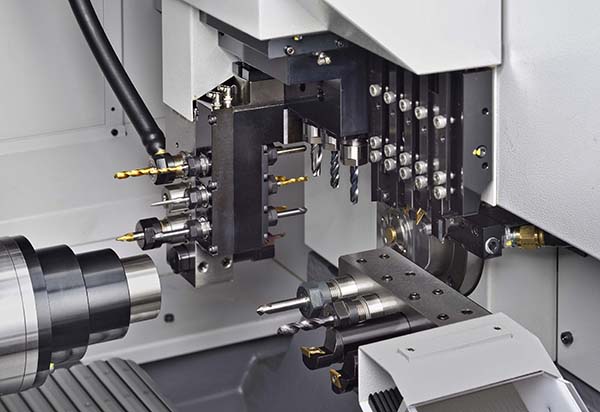Mills CNC has supplied Cheltenham-based Ferrositi Ltd, a precision subcontract specialist, with a Doosan SMX 2600S turn-mill machine featuring a 13” quick-change chuck.

The machine was installed at Ferrositi’s facility in May 2020: a time when many companies were battening down the hatches due to COVID-19.
Making this investment during the height of the pandemic outbreak is typical of Ferrositi, as the company’s managing director Nick Furno points out: “Ever since the company was created in 2012 we have invested in multi-axis machine tools as a route to improving our productivity, operational efficiencies and competitiveness. We are always on the lookout to increase and strengthen our front-line machining resources.”
Despite the lockdown, such an opportunity arose in April 2020 and resulted in Ferrositi making its first investment in Doosan machine-tool technology and – coincidentally – its first turn-mill machine acquisition.
“Both Doosan and Mills CNC have good reputations in the market and, when I was informed that a turn-mill machine was viable immediately from Mills CNC’s stock at a competitive price, I was interested,” says Furno.
Having seen the SMX 2600S at Mills CNC’s Technology Campus facility in Leamington, the decision to purchase the machine was made.
“Already we can see, and appreciate, that the machine is powerful, fast, flexible and accurate,” says Furno. “We’re particularly impressed with its rigidity, ergonomic design and thermal stability. Using a single set-up, the SMX is capable of performing multi-machining processes. As a consequence, we can reduce production bottlenecks and limit stop-start operations.
“The SMX will help us consolidate and grow our position in existing supply chains and sectors, as well as helping to spearhead our move into new sectors and industries, such as the food processing and medical sectors.”
For further information www.millscnc.co.uk























